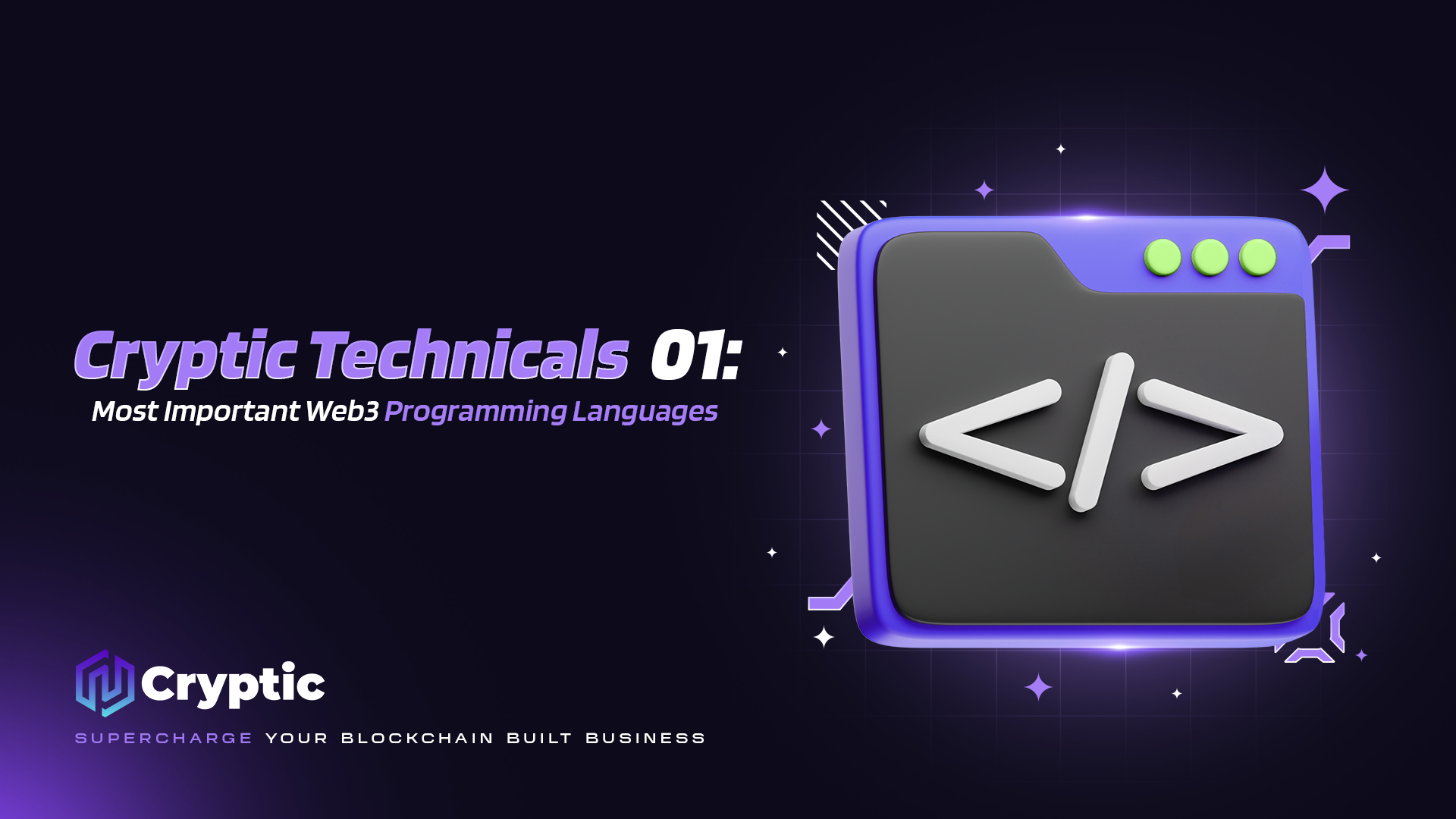
Smart Contract Programming Languages
In the realm of blockchain technology, web3 programming languages are gaining immense traction. They empower developers to construct decentralized applications (dApps) that run on blockchains. These dApps can operate autonomously without the need for a central authority, making them tamper-proof and secure.
Solidity
Solidity is a high-level, object-oriented programming language for writing smart contracts on the Ethereum Virtual Machine (EVM). It is influenced by C++, Python, and JavaScript. Solidity is the most commonly used smart contract programming language in web3.
Solidity’s syntax is similar to those of its influences, making it easier for programmers familiar with these languages to pick up. It enforces a static type system, ensuring that variables have a specified data type before code execution. This characteristic helps to prevent errors during the development process.
Here are some of the key features of Solidity:
- State Variables: These variables store data permanently on the blockchain. They are similar to traditional programming languages’ variables but with the added benefit of persistence across blockchain networks.
- Functions: Functions are reusable blocks of code that perform specific tasks. They can modify state variables, perform calculations, and interact with other smart contracts.
- Events: Events are used to log information about a smart contract’s execution. They can be monitored by off-chain applications to track the state of a smart contract.
- Inheritance: Solidity supports inheritance, which allows for code reusability. Contracts can inherit properties and functions from parent contracts.
- Libraries: Libraries are similar to contracts but cannot store state. They are used to group reusable functions and modifiers.
Solidity’s popularity can be attributed to several factors. First, its integration with the Ethereum Virtual Machine (EVM) makes it compatible with a wide range of blockchains. The EVM is a standard runtime environment for smart contracts, and many blockchains are EVM-compatible. This compatibility allows developers to write Solidity code that can be deployed on multiple blockchains.
Second, Solidity has a large and active developer community. This community contributes to the development of the language and provides a wealth of resources for developers, such as tutorials, documentation, and libraries.
Third, Solidity is a mature language that has been battle-tested in production. Many successful dApps are built on Solidity, including decentralized exchanges, lending platforms, and prediction markets.
Overall, Solidity is a powerful and versatile language that is well-suited for developing smart contracts for web3 applications. Its familiarity, type safety, and rich features make it a popular choice among developers.
Other Web3 Programming Languages
While Solidity is the dominant player in the web3 programming language landscape, there are other languages that are gaining traction. Some of these languages include:
- Vyper: A statically typed language that is similar to Python. Vyper is known for its focus on security and aims to eliminate the possibility of certain vulnerabilities that can arise in Solidity code.
- Rust: A systems programming language known for its performance and memory safety. Rust is being increasingly used for developing blockchain applications due to its suitability for writing high-performance and secure code.
- Move: A language designed specifically for safe and secure smart contract development. Move is used by the Diem blockchain (formerly Libra).
- Cairo: A language for writing smart contracts on the StarkNet blockchain. Cairo is a low-level language that offers high performance and scalability.
The choice of web3 programming language depends on the specific needs of the project. For developers familiar with Solidity and looking to build dApps for the Ethereum blockchain, Solidity is a natural choice. However, for projects that require a high degree of security or performance, other languages like Vyper, Rust, or Move may be more suitable.

